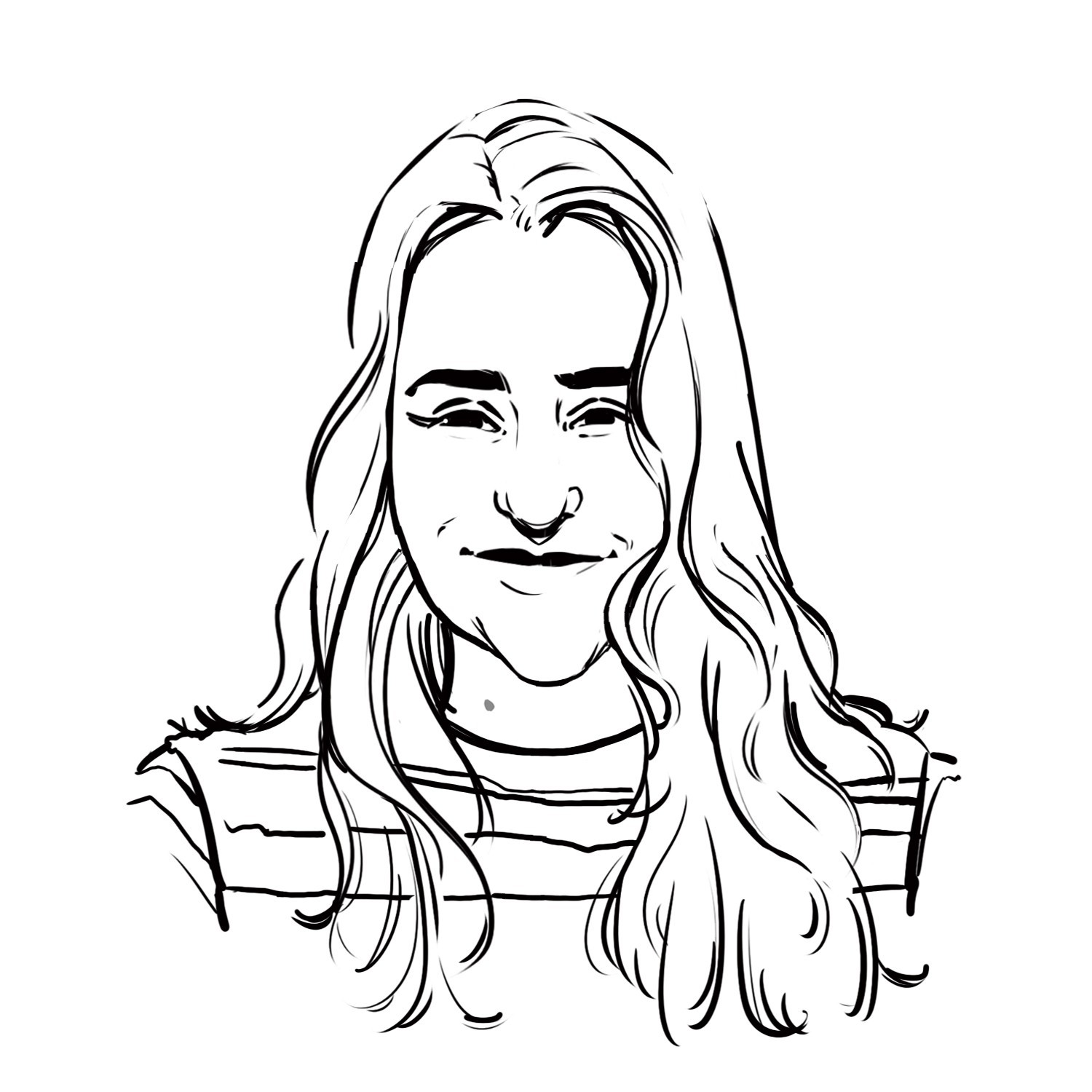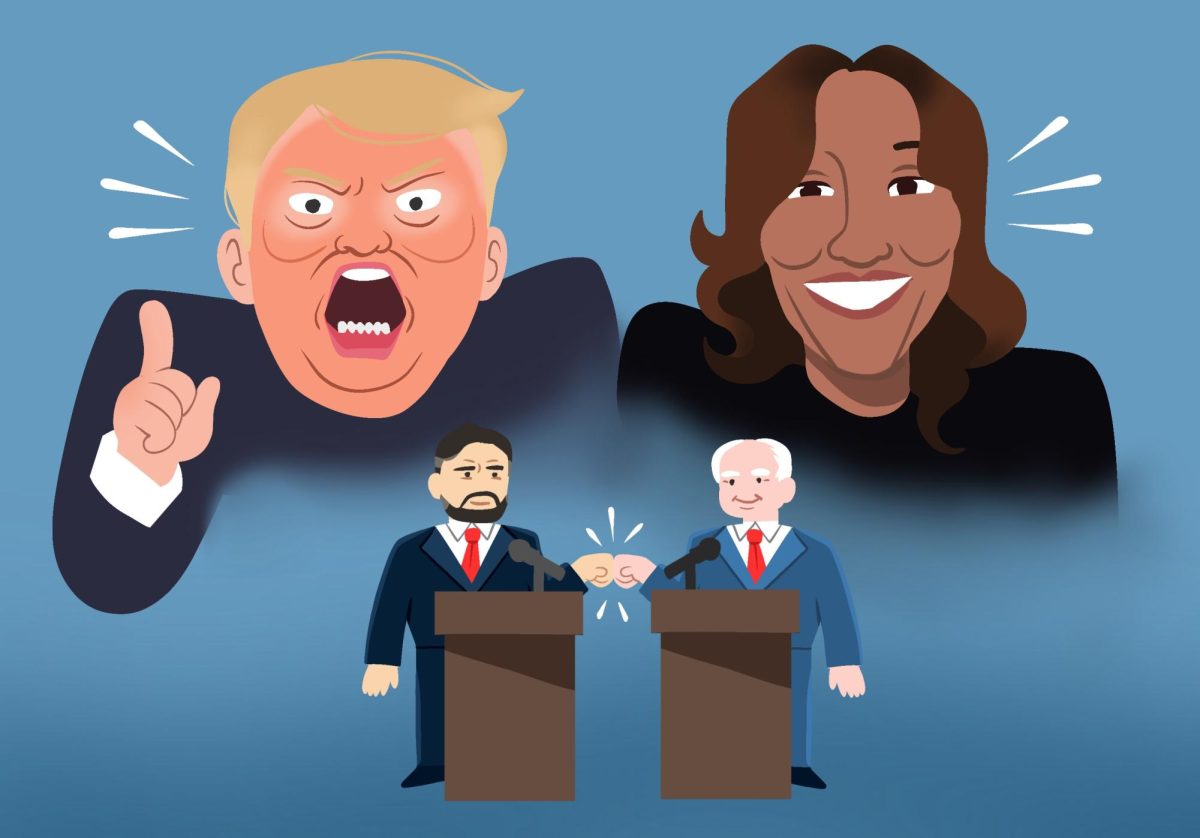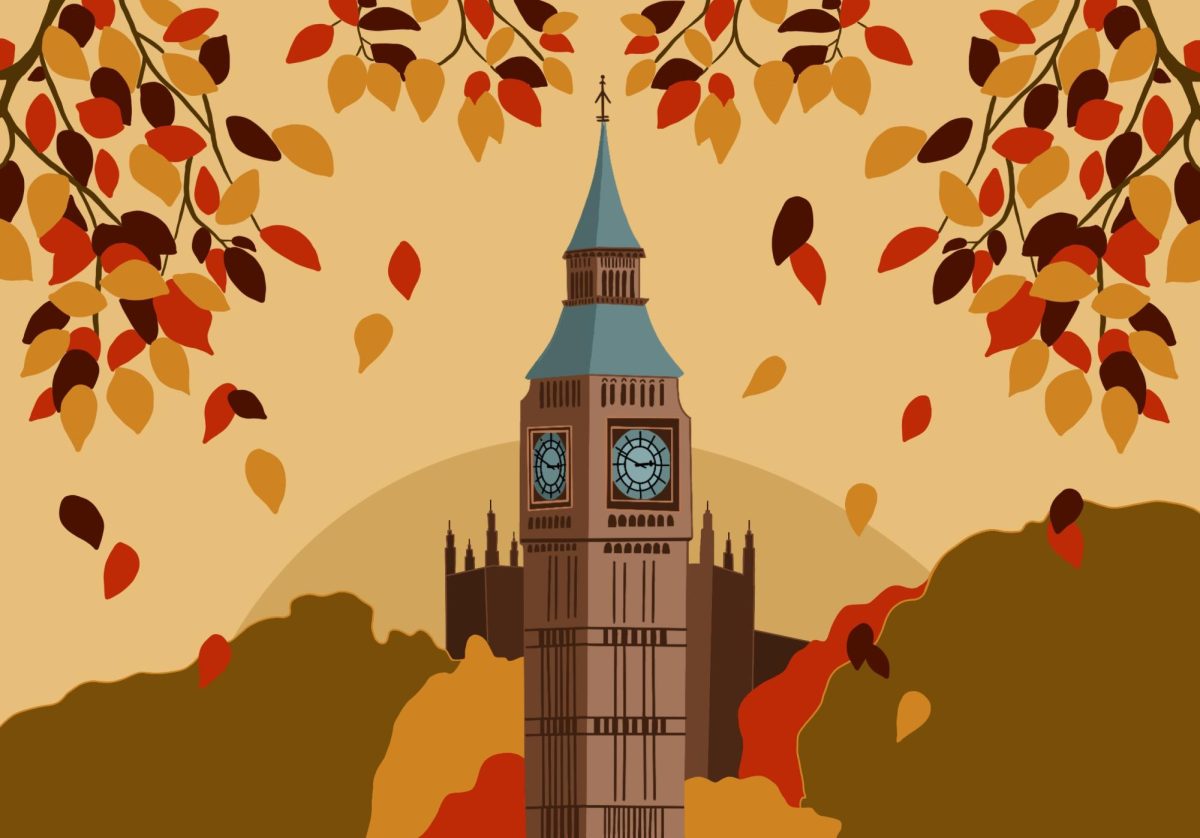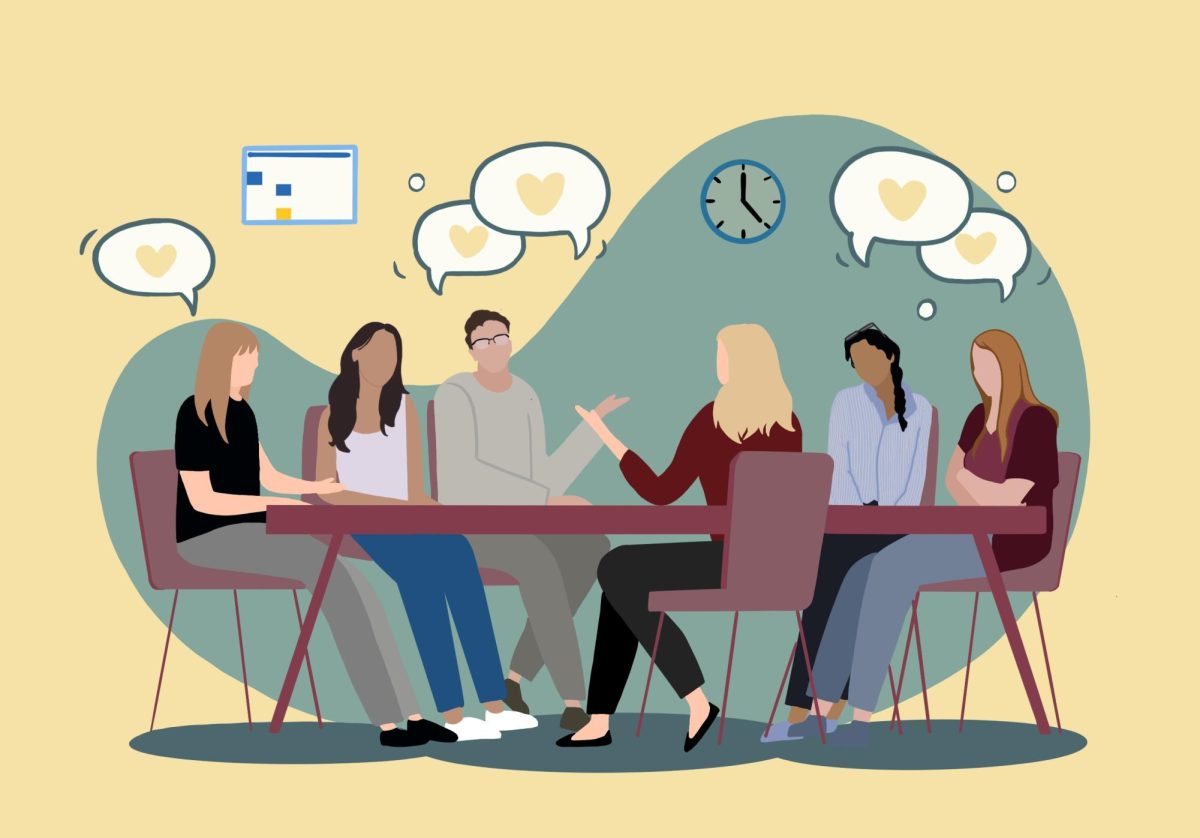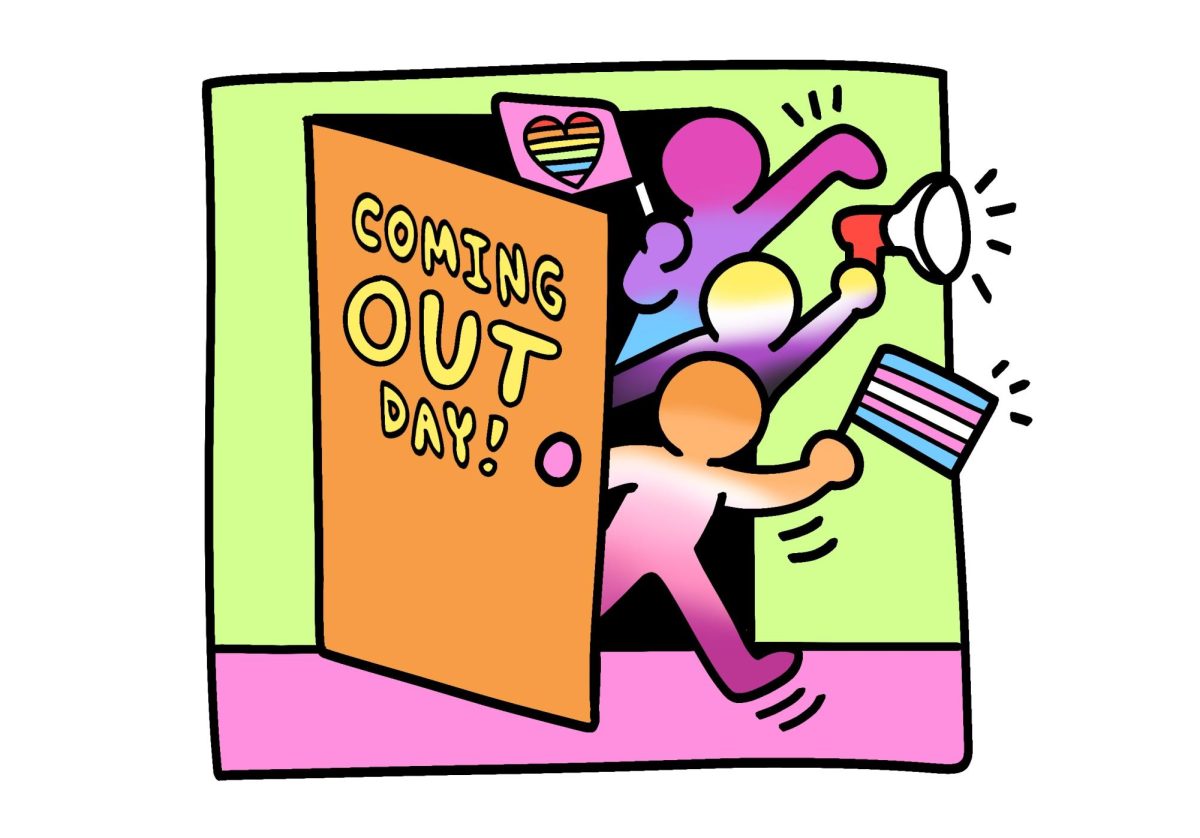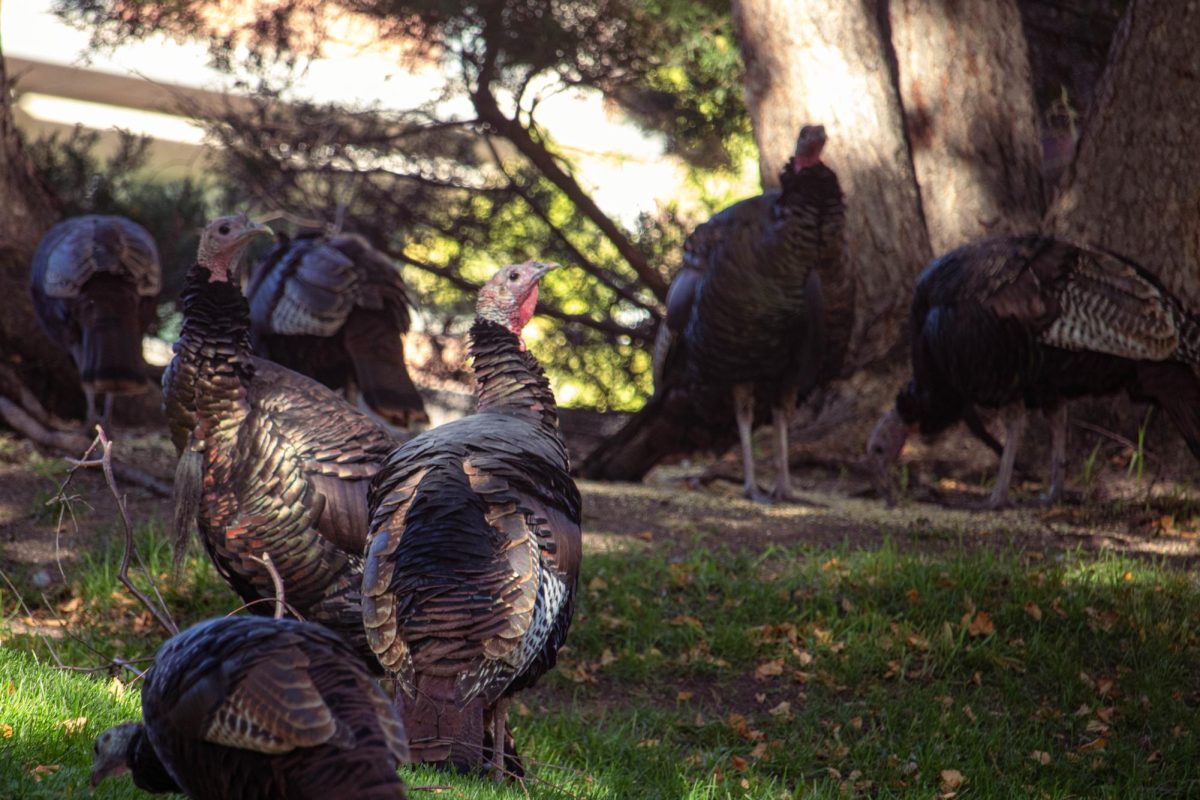The first historical evidence of storytelling is etched into the walls of caves and tombs around the world. Until about 9,000 years ago when the Phoenicians gave us the alphabet and forever changed the face of storytelling, stories were mostly told orally. For thousands of years, from France to Egypt, stories have helped us through times of uncertainty by reminding us how to go forward when the future is unclear.
Ancient Mesopotamian mythology tells the story of a king named Gilgamesh, whose father was a god and mother, a human. The Sumerians believed he was two-thirds of a divinity. Thankfully, a couple thousand years later, we have a better grasp on math. Regardless, Gilgamesh was kind of sensitive about the one-third mortal bit.
Whenever he felt bad about himself, torturing and killing his subjects never failed to improve his mood. The gods, in a last-ditch effort to tame their punk offspring, sent an opponent named Enkidu. Gilgamesh and Enkidu wrestled for days, nearly destroyed a temple and, naturally, became best friends. Then, they got straight to work chopping down sacred trees and offending goddesses, and before long Enkidu dies as punishment for their transgressions.
Gilgamesh determined that all of his problems were a result of his mortality and walked through ten leagues of darkness to overcome it. Along the way, he met the ancient equivalent of a frat boy (god of beer and “wisdom”), beheaded most other things he came into contact with and built a really cool boat. Along this journey, he realized that arrogance, stupidity and other human limitations are precisely what makes men not gods but heroes. The story is about the plight of the human condition, that death itself is the only thing that makes life meaningful. Thus, Gilgamesh returns, changed for the better.
A combination between finding myself with significantly more free time and recent events which have felt disconcertedly relatable to ancient tragedy have led me to this interest in storytelling. Of all the hobbies I’ve attempted recently – guitar (one week), cooking (3 days), skateboarding (until we ran out of band-aids) – storytelling has, by far, lasted the longest. My personal moment of reckoning was derived from constellation mythology.
Two of the easiest constellations to spot in the night sky are Ursa Major and Ursa Minor, better known as the Big Dipper and the Little Dipper. The Greeks’ theory rests on one of Zeus’ many mistresses, Callisto, who Zeus turns into a brown bear to disguise from his wife. Callisto’s son, a hunter, mistakenly shoots the bear before Zeus can return Callisto to her human form. His wails were so loud, they echoed through Mount Olympus and Zeus had no other choice but to turn the two into stars, where they could be together forever. But the Greeks weren’t the only culture that noticed the grouping of stars: Hindu astronomers called them the Seven Great Sages, Arabian mythology suggested a coffin in the sky and Romanians spoke of a carriage.
For millions of years, people have stared up at the night sky and presumed that whatever it is they see is unique. But even billions of miles away, socially distant or not, stories help us overcome uncertainty by suggesting that we aren’t exceptionally different at all. Whether we see bears or dippers or burning balls of gas, we see the same lights and search for the same answers. Luckily, stories swirl around us – and not just on paper or in constellations – but on the calluses of our knuckles and the dents in our cars, reminding us that even during a crisis, humanity comes from within.


